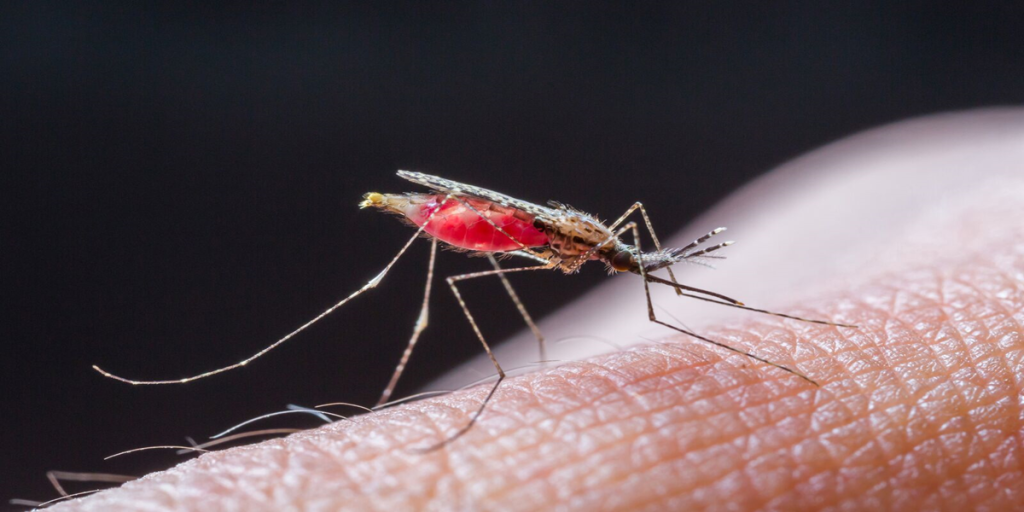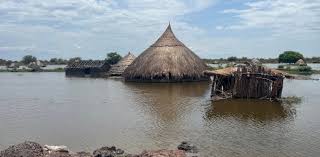The United Nations has warned against an upsurge in Malaria in South Sudan as flooding has affected around 1.4million people with more than 379,000 people displaced amidst food insecurity.
South Sudan described by aid agencies as highly vulnerable to climate change faces its worst flooding in decades, mainly in the north.
The United Nations Office for the Coordination of Humanitarian Affairs (OCHA) said 43 counties are affected by flooding and the disputed Abyei region, which is claimed by both South Sudan and Sudan.

The health system has been reported to be pressured by surge in malaria in the flood hit areas.
Earlier in the year South Sudan and Côte d’Ivoire were the first countries to administer the new R21/Matrix-M malaria vaccine in May to children at risk of malaria. These groundbreaking initiatives mark a crucial moment in efforts to combat one of the world’s deadliest diseases.
The Ministry of Health received over 645,000 doses, which was distributed to 28 counties with the highest malaria burden as plans continue to scale up nationwide.
According to the World Health Organisation (WHO), South Sudan has one of the highest malaria incidences in the world, recording an estimated 7,680 cases and 18 deaths each day, The mosquito-borne parasitic infection is also the leading cause of death among children in the country, with 2.8 million pediatric cases and 6,680 deaths recorded in 2022 alone.
Medical practitioners have expressed hope that the arrival of the R21 malaria vaccine would change the picture they are confronted with daily. The government often spends a lot of money purchasing the antimalaria drugs and the malaria testing kits.
Malaria consortium reports that in 2023, 85 percent of the at-risk population was protected by the recommended malaria prevention method of using mosquito nets.
Researchers have continued to recommend the treated mosquito nets as a crucial line of defence.


